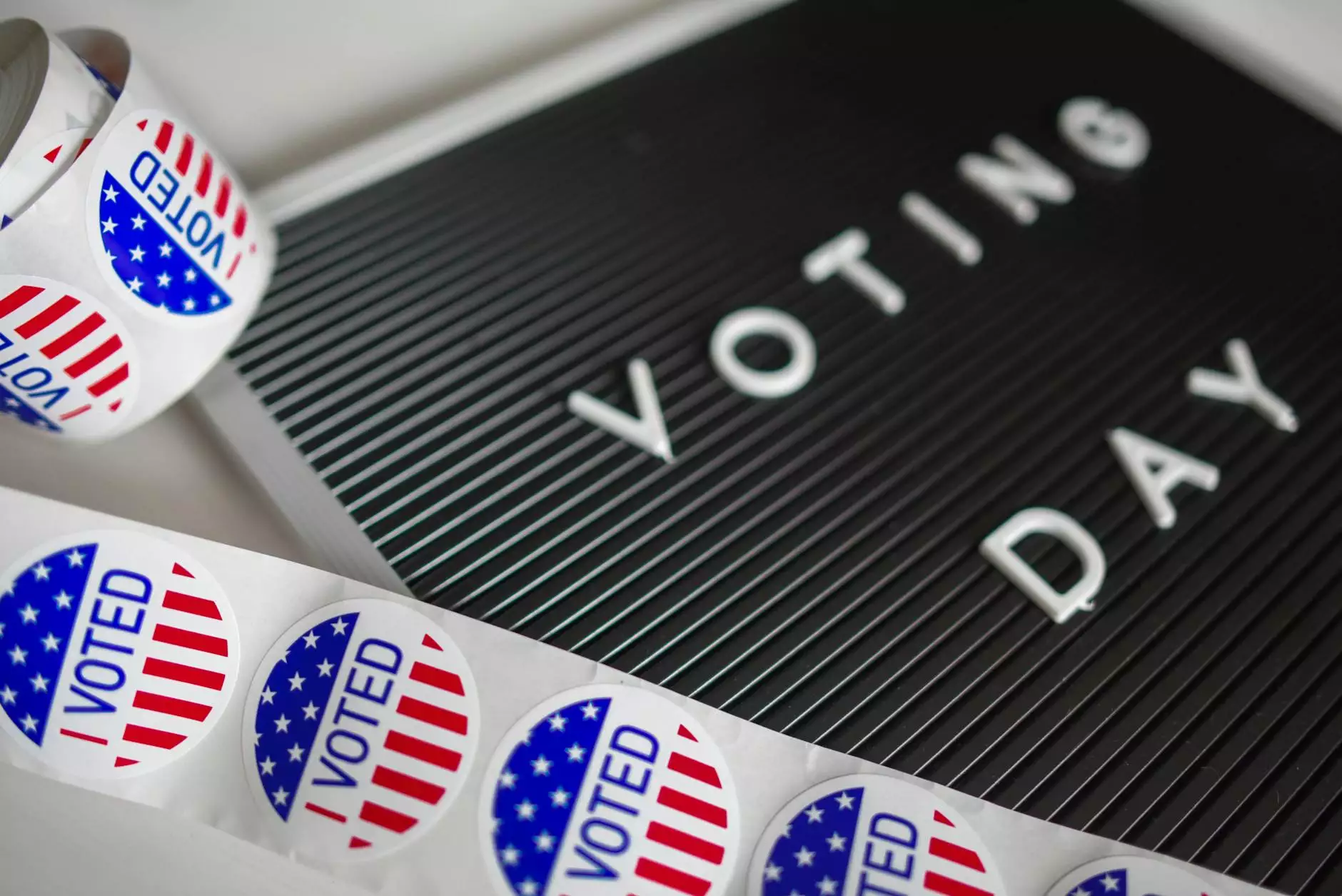Understanding Fake Documents: Legitimate Uses and Ordering Guide

In today’s fast-paced world, the demand for various types of documents has grown exponentially across different sectors. With this growing demand comes a market for fake documents, which has sparked much debate. Whether for creative projects, film production, or educational purposes, understanding the context and processes surrounding the fake documents order is crucial. In this comprehensive guide, we'll delve into the world of fake documents, how they are used legally, and the best practices to follow when making an order.
What Are Fake Documents?
Fake documents are pieces of writing that misrepresent the truth in one way or another. They're often crafted to resemble official documents but serve various purposes that may not align with legal standards. These documents can include:
- Fake legal documents: Such as contracts, agreements, or various certifications.
- Fake identification cards: Like driver's licenses or ID cards.
- Fake educational certificates: Degrees or diplomas not earned through legitimate means.
The creation and use of fake documents can tread a thin line between harmless fun and illegality. However, when created and used responsibly, various applications can provide value.
Legitimate Uses of Fake Documents
While often viewed negatively, there are several legitimate reasons people might seek to order fake documents:
- Creative Work: Filmmakers and artists frequently create realistic-looking documents for fictional projects.
- Educational Purposes: Students may use replicas of documents to understand format and structure.
- Business Prototyping: Designing mock contracts and agreements for internal presentations or workshops.
These uses showcase that not all demands for fake documents stem from malicious intentions. Instead, the complexity of document requirements in various industries creates a landscape where such tools can be beneficial.
The Dangers and Ethical Considerations
Despite legitimate uses, the potential dangers associated with ordering and using fake documents cannot be overlooked. It is essential to navigate this territory with caution:
- Legal Repercussions: Depending on your jurisdiction, possessing or creating fake legal documents can lead to severe penalties.
- Trust Issues: Misuse can lead to a loss of credibility and trust amongst peers or consumers.
- Security Risks: Poorly made fake documents can lead to misrepresentation and identity theft.
Engaging with fake documents responsibly includes being aware of these risks and avoiding any actions that could lead to negative legal consequences.
How to Make a Safe Fake Documents Order
Ordering fake documents can seem daunting, but with the right guidance, it can be a safe and effective process. Here’s a step-by-step approach:
1. Do Your Research
Research is the foundational step for anyone looking to make a fake documents order. Look for trusted providers like buyauthenticdocument.com who specialize in creating fake documents responsibly and legally. Reviews and testimonials can indicate their reliability.
2. Understand Your Needs
Clarifying why you need a fake document will help you communicate effectively with the provider. Be specific about:
- Document Type: Understand what exact documents you need (i.e., ID, diploma, contract).
- Usage: Clarify whether it's for a film, education, or another purpose.
- Design Requirements: Consider any specific features you require, such as logos or formatting.
3. Choose a Reputable Provider
Always opt for a provider that openly discusses their processes and adheres to legal standards. Check their portfolio to view examples of their work. A reputable provider should also offer secure payment options and a clear privacy policy.
4. Place Your Order Carefully
Once you've selected a provider, placing your order requires thoughtfulness:
- Review Terms and Conditions: Understand what you’re agreeing to and any potential liabilities.
- Payment Methods: Secure payment methods help safeguard your financial information.
- Request a Sample: If possible, ask for a sample of their work to ensure the quality meets your standards.
5. Receive and Review Your Document
Upon receipt of your document, it’s critical to thoroughly review it against your order specifications for any discrepancies. Verify that all details are correct and formatted as per your requirements.
Conclusion: The Balance of Use and Ethics with Fake Documents
Navigating the landscape of fake documents requires a delicate balance between use and ethics. As we’ve explored, while there are numerous legitimate reasons for ordering these documents, one must remain vigilant about the associated risks. By understanding the process of making a fake documents order and choosing the right provider, you can make informed decisions that serve your needs without stepping into legal grey areas.
Engagement with the realm of fake documents can open up new avenues in creativity and business, provided one remains aware of the ethical implications and legal boundaries. Explore the options available at buyauthenticdocument.com, your trusted partner in crafting high-quality, responsible documents tailored to your specific needs. The right resources can transform your ideas into reality, bridging the gap between necessity and creativity.
Frequently Asked Questions
To enrich your understanding even further, here are some common inquiries about fake documents:
- Are fake documents legal? - This depends on the intent and usage of the documents. Always consult legal advice if unsure.
- What should I expect when ordering? - You should expect clear communication, quality service, and adherence to your document specifications.
- How do I ensure quality? - Research providers thoroughly, and consider requesting samples to assess their work quality.
By understanding the ins and outs of fake documents, you can leverage this tool for your advantage while maintaining integrity and respect for the law.









